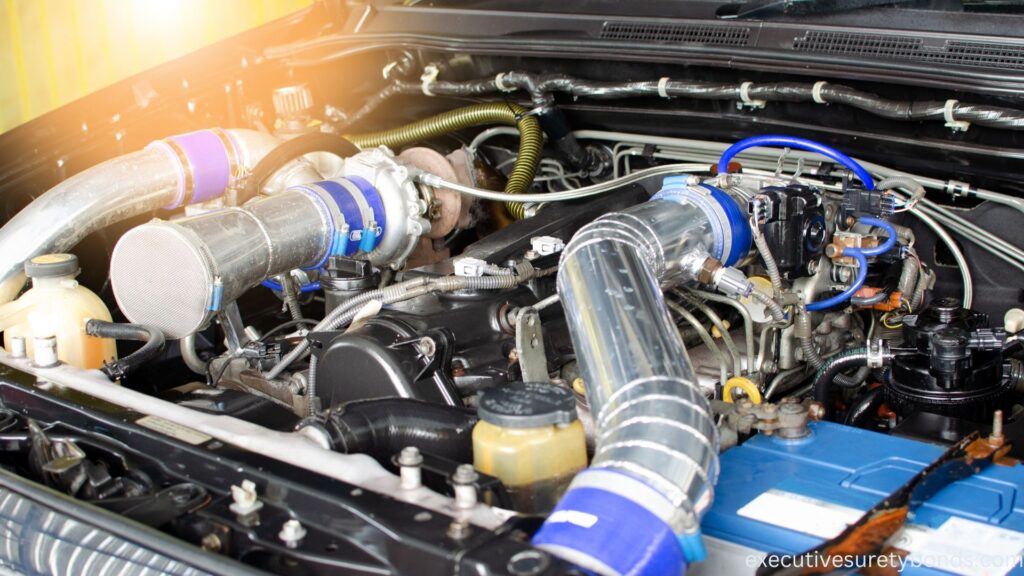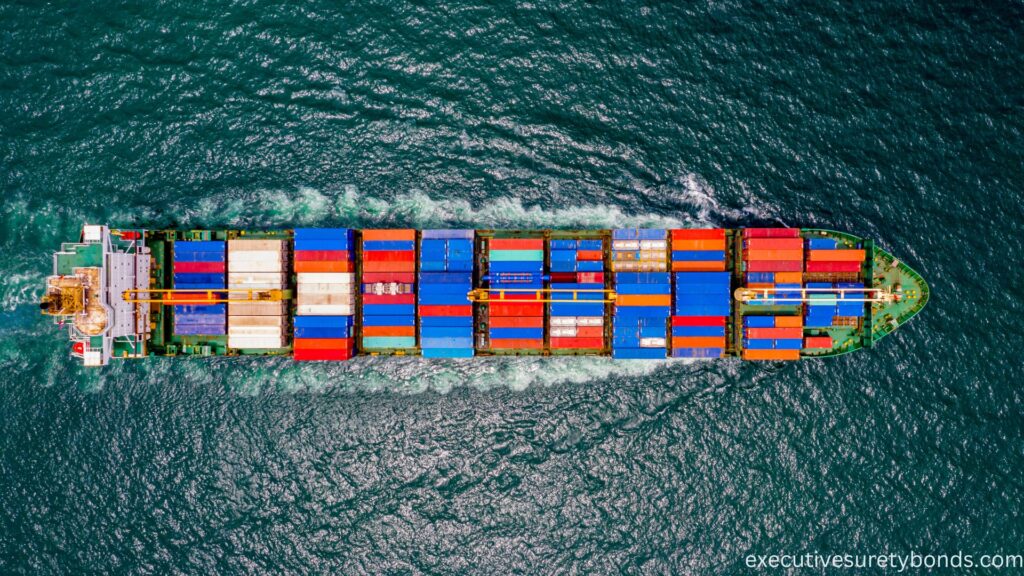Introduction
Have you ever wondered how the roads you travel on get the maintenance they need, or where the money comes from to build new highways and bridges? In Louisiana, one of the ways this is made possible is through the Motor Fuels Tax, a tax imposed on gasoline and diesel fuel. To ensure that the tax is collected correctly, the state requires an Exporter Bond from certain businesses. In this article, we’ll explore what the Louisiana Motor Fuels Tax is, why it’s crucial, and the role of the Exporter Bond in this process.
Understanding the Louisiana Motor Fuels Tax
The Louisiana Motor Fuels Tax is a tax applied to motor fuels such as gasoline and diesel. Every time you fill up your car at the gas station, a portion of what you pay goes toward this tax. The revenue generated from this tax plays a vital role in funding road maintenance, construction, and other transportation-related projects.
What is an Exporter Bond?
The Exporter Bond is a financial guarantee required by the Louisiana Department of Revenue from businesses involved in the distribution and sale of motor fuels. It ensures that these businesses correctly report and pay the Motor Fuels Tax to the state.
Why is it Required?
The requirement for an Exporter Bond serves several important purposes:
- Tax Collection: The bond helps ensure that businesses involved in the distribution and sale of motor fuels accurately report and remit the appropriate taxes to the state. This revenue is crucial for maintaining and improving Louisiana’s transportation infrastructure.
- Consumer Protection: The bond provides protection for consumers. If businesses fail to pay the required Motor Fuels Tax, the bond can be used to cover the owed amount, preventing negative impacts on transportation projects.
- Regulatory Compliance: It ensures that businesses follow state laws and regulations governing fuel distribution and taxation. If they fail to comply, the bond can be used to cover fines and penalties.
How Does it Affect Businesses and Drivers?
The presence of the Exporter Bond affects both businesses and drivers:
- Businesses: Businesses involved in fuel distribution and sale must obtain and maintain this bond as part of their legal obligations. It represents a financial commitment to ensure they meet tax obligations and comply with state regulations.
- Drivers: Drivers benefit from the funds generated through the Motor Fuels Tax. This tax helps maintain and improve roads, making travel safer and more efficient.
Conclusion
In conclusion, the Louisiana Motor Fuels Tax and the Exporter Bond are vital components of the state’s transportation infrastructure funding system. While the tax might seem like just an extra cost at the gas pump, it plays a crucial role in keeping Louisiana’s roads and highways in good condition. The Exporter Bond ensures that businesses involved in the fuel industry meet their tax obligations, protecting both the state’s revenue and consumers. So, the next time you hit the road in Louisiana, remember that these financial mechanisms are working behind the scenes to keep your journey smooth and safe.
Frequently Asked Questions
Can individuals who purchase fuel for personal use be required to obtain an Exporter Bond in Louisiana if they transport large quantities for personal reasons, such as owning a vintage car collection?
No, individuals who purchase fuel for personal use and transport it for personal reasons, even in large quantities, are not required to obtain an Exporter Bond in Louisiana. The bond requirement is typically aimed at businesses involved in the distribution and sale of motor fuels. Personal use and transportation for non-commercial purposes are generally exempt from this requirement.
Are there any circumstances where a business may be eligible for a waiver or reduction of the Exporter Bond requirement in Louisiana?
While there is typically no waiver or reduction of the Exporter Bond requirement for businesses in Louisiana, there might be specific situations where businesses can negotiate with the Louisiana Department of Revenue based on their individual circumstances. Such negotiations would typically involve demonstrating a strong track record of compliance with tax regulations and a commitment to continued compliance. However, these cases are exceptional, and businesses should consult with the tax authorities for guidance.
What happens to the funds collected through the Louisiana Motor Fuels Tax if they exceed the amount needed for transportation infrastructure projects?
If the funds collected through the Louisiana Motor Fuels Tax exceed the amount needed for transportation infrastructure projects, these excess funds are generally allocated to other state priorities. These priorities can include funding for education, healthcare, public safety, and various other state programs and initiatives. The allocation of excess funds is typically determined through the state’s budgeting and legislative processes.

